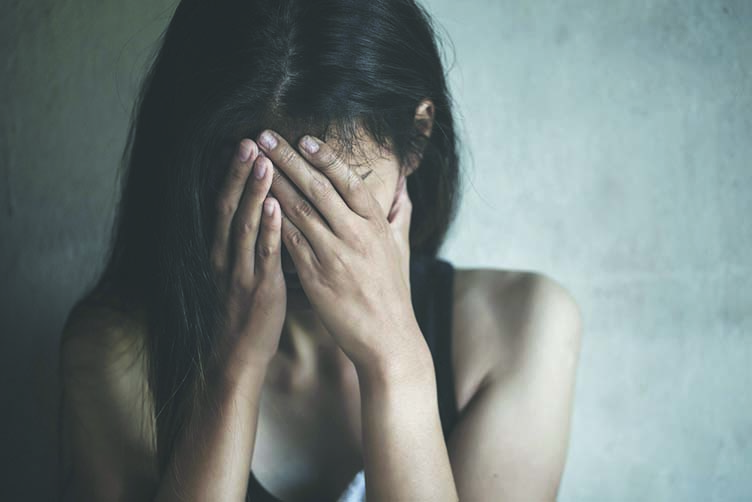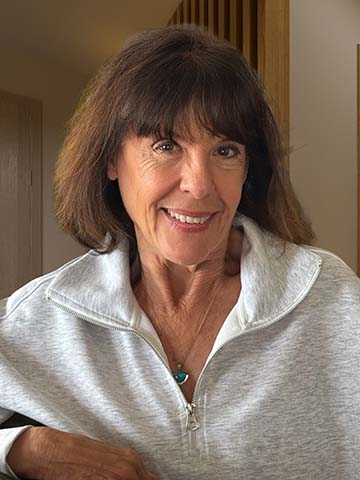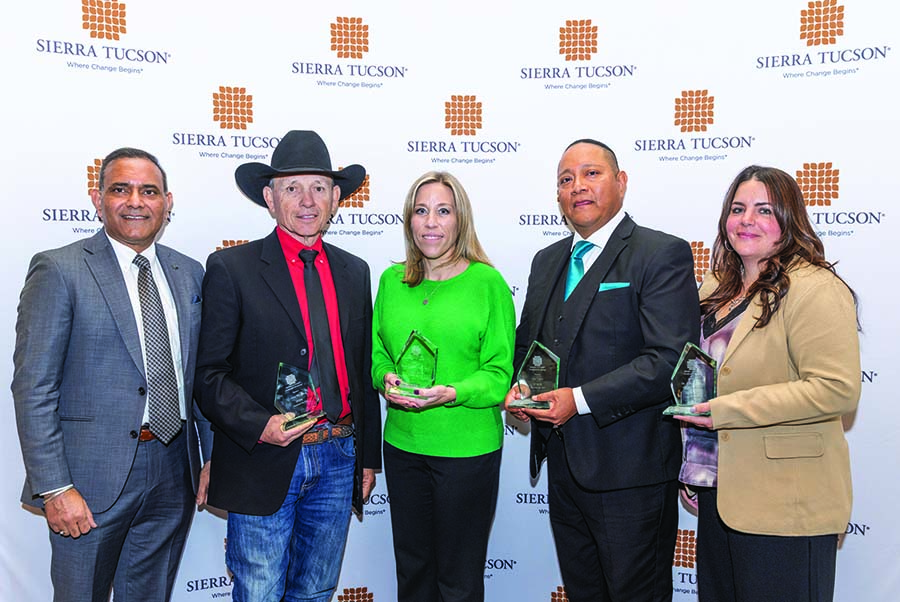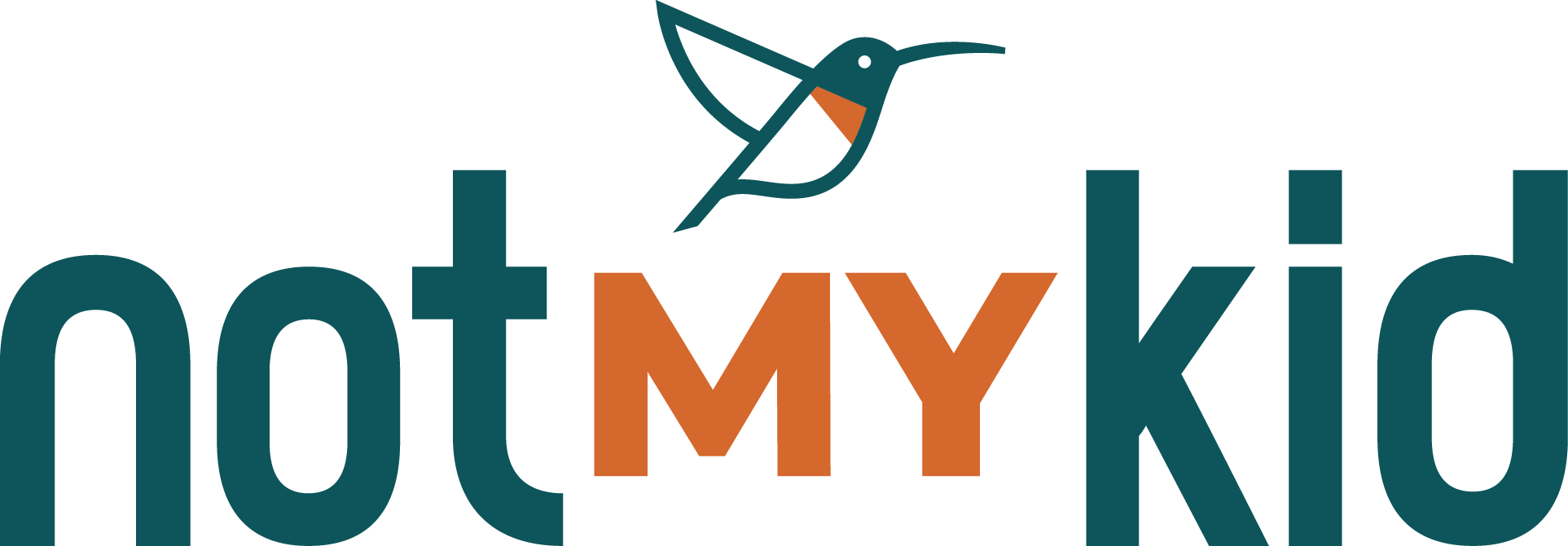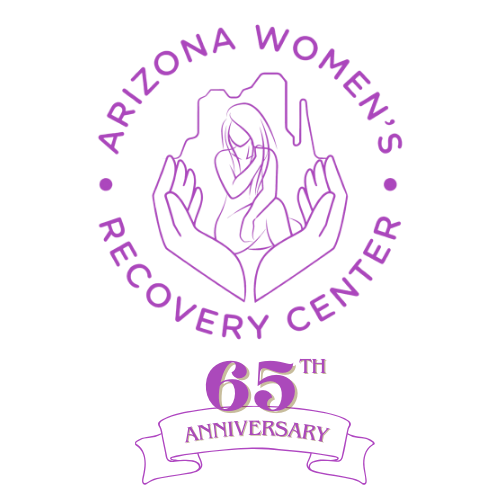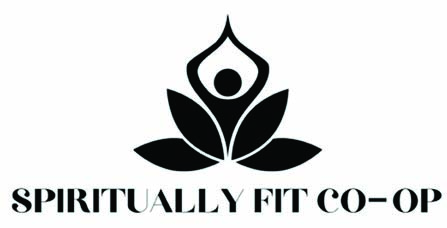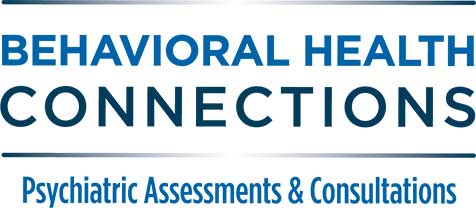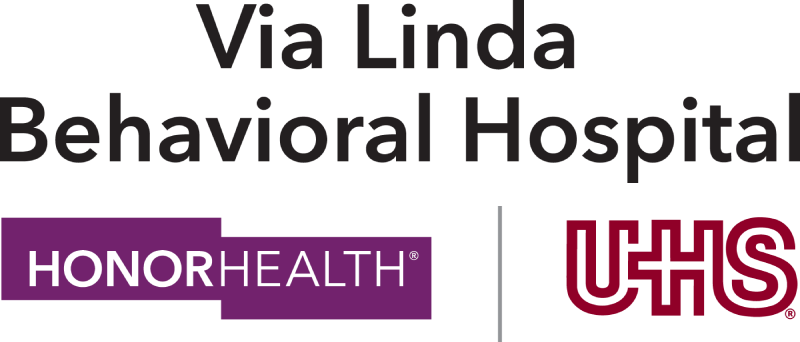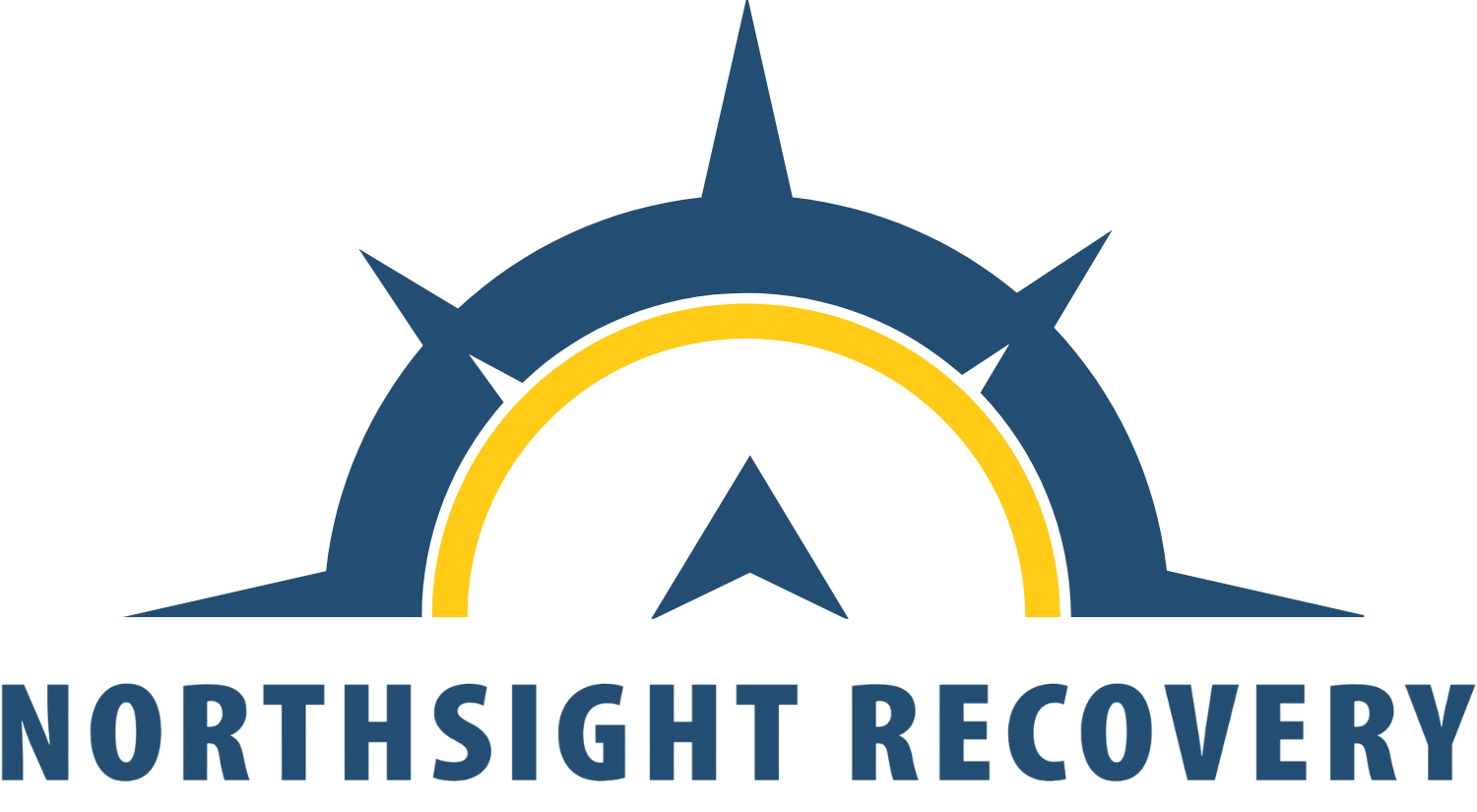Turning Pain into Purpose
By Vanessa Ayala
As a grieving mother I want to share our family’s story and how our lives have been forever changed. Many of us have been affected by the opioid epidemic in unimaginable and painful ways, it is a devastating reality. Far too many lives have been taken, and yet this crisis continues.
I am a wife, and mother to five beautiful children, Natalia, Nathaniel, Noah, Giancarlo, and Sophia, but one child is no longer with us. March 17, 2024, was the day our 17-year old son, Noah Giovanni took his last breath. He tragically lost his life by ingesting a pill that was offered and sold to him by a “so-called” friend. One moment of vulnerability, one bad decision, and now he is gone forever.

The Ayala Clan, December 2023. Front row (left to right) Natalia and Sophia
Back row (left to right) Vanessa, Gian, Noah, Nathan, and Gus
Noah Giovanni was born on July 14, 2006, weighing 7 pounds and 14 ounces, matching his birth date — 7/14. We knew on the day he was born Noah was special. As a young child he was the quiet one spending countless hours letting his imagination take flight. As Noah grew older, he discovered his love and passion for football. My husband Gus began coaching him at the young age of seven. With his quick speed and athletic ability, Noah was running track, and as they say in football “he was breaking ankles in no time.” He looked up to his dad, wanting to follow in his footsteps. So he started coaching a group of young athletes, taking them to an undefeated season all the way to the championship game! The highlight of my week was being able to watch my boys play flag football together, cheering them on from the sideline. They often say people look forward to meeting their favorite football player, but to me, I was raising mine.
Noah excelled in high school and enrolled into AP honors classes along with being part of the biotech program they offered. He enjoyed subjects like biochemistry, Latin, and Greek mythology. He had ambitious dreams and aspired to be a scientist or professor.
The Phone Call
March 17, 2024, marked the worst day of my life. A horror no family should ever have to face, yet so many do. A phone call that replays over and over in my head bringing back the unbearable pain of losing my child. Hearing the police officer telling us to pull over on the side of I-10, because they received a phone call. My son was found unresponsive, and after 10 minutes of performing CPR he was pronounced deceased. I couldn’t believe what my ears just heard. As I tried to process the pain and anguish, I jumped out of the car dropping to my knees, looking up at the sky screaming, ‘God oh God’, why… why Noah? This is a pain like no other. Nothing will ever prepare you for the loss of a child. It is a pain that cuts deep and sharp, making it difficult to breathe, let alone stand.
The last 11 months have been excruciating for our family. We miss Noah’s laughter, his jokes, arm wrestling challenges, and his radiant smile. I miss him asking me, “who’s your favorite son, Mom?” If I could only tell him one more time — I love my children all the same, yet whisper to him, “you’re my favorite son just don’t say anything to your brothers.” This tragedy has affected every single one of us with a ripple effect felt among all who knew him.
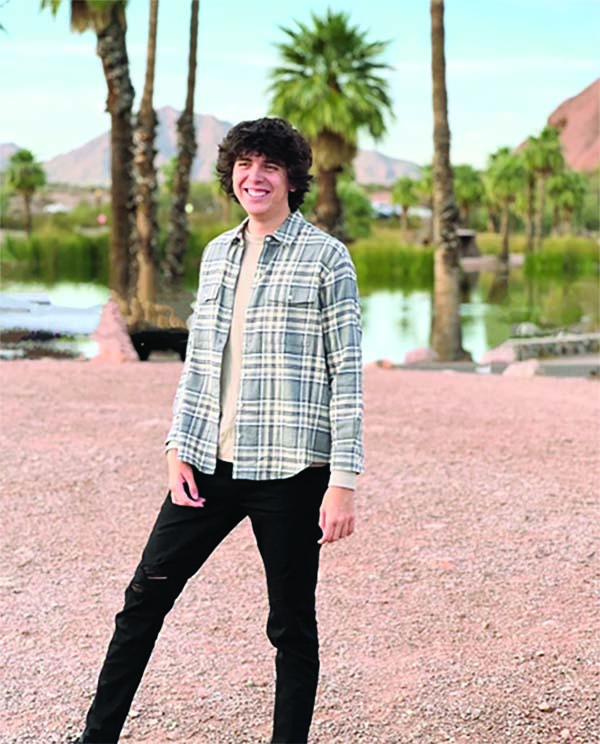
Noah had ambitious dreams to become a scientist or professor.
The Crisis is About People
The opioid crisis is not just numbers. It’s about people. Behind every statistic, there is a name, a face, a family and friends mourning the loss of loved ones. These are losses that may never fully heal.
My son is not a number, and neither are the countless others who have been taken from us. The pills being distributed do NOT discriminate. This crisis knows no boundaries, economic status or demographics. It affects families and communities in every corner of society.
The pills being sold to kids today are deadly. They are not pharmaceutical. They are being produced synthetically in other countries in illegal labs.
First-time users don’t usually go looking for Fentanyl. In many cases they want drugs such as Percocet, Oxycodone, Xanax, or Adderall, not realizing these drugs are being laced with Fentanyl. They are cheaper to make and highly addictive. “It is never safe to take any pills unless they are prescribed directly to you by a physician.”
You might be thinking, “It will never happen to me,” but I assure you, it very well can. My son trusted a so-called friend and because of this, he is no longer here with us.
Have the Difficult Conversations
What can you do? To help break the stigma, I ask you to have conversations with your children and loved ones about the dangers of synthetic opioids without a fear of being judged, or thinking if we mention these dangers, our kids will be curious to try it. These important conversations are only a piece of the puzzle in helping to heal our families and community. I share this painful truth not for sympathy, but to emphasize the horror of this epidemic.
Instead of my son getting ready for his senior prom last spring, we were laying him to rest. I will never get to see my son again. I won’t be able to hold him, see him get married, or accomplish his dreams, all because of a moment of curiosity, of vulnerability, peer-pressure, and/or experimentation.
I remember so clearly my last conversation with Noah about his future. He expressed his unique potential, saying, “I am different mom. You just wait and see, I am different.” I stand here today advocating for change in Noah’s honor, and all the other lives affected by this crisis. I ask you to continue to share Noah’s story, and become an advocate for our future generations.
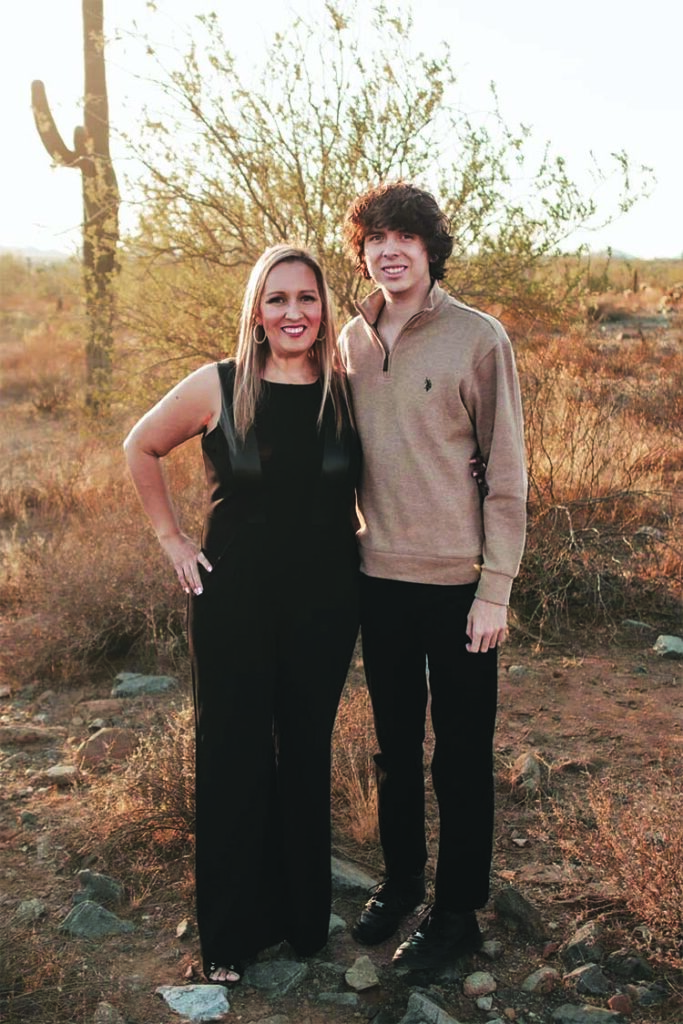
Vanessa and Noah Ayala
Finding Purpose – Advocating for Change
When Noah passed, we decided as a family to share his story with the public. We knew he would have done the same if he lost someone to a tragic accident.
Unfortunately, we live in a society where people often avoid discussing losing a loved one to opioids. Yet, we knew staying quiet would not solve anything or help anyone.
Because teenagers often make risky choices, and out of fear someone else might suffer the same fate, we decided to speak openly about Noah’s story to try to save lives. Our family is committed to spreading awareness and working with the community to prevent further tragedies. We have reached out to the media to share Noah’s story in hopes of sparking a change and potentially saving a life. As a family we will continue to share about the dangers of opioids and advocate for urgent action. We ask people to talk to their loved ones, support prevention efforts, and advocate for stronger measures to combat this crisis.
A Community Remembers Noah
We received an overwhelming amount of support from the community after Noah’s passing. We received phone calls, cards, text messages, monetary donations and flowers for which we are forever grateful. During Noah’s candlelight vigil over 500 people attended to offer condolences. My employer, and families of students signed up to bring our family food and dinners for over two months. Neighbors dropped off cards and cookies for us. Teachers who knew Noah shared stories about the positive impact Noah made in their lives. There was a memorial at his school that was dedicated in honor of those who passed, including Noah. During a moment of so much pain, it healed our hearts a bit to have so much support from people that Noah touched in some way when he was with us.
Our Efforts to Bring Awareness
With the help of Stephanie Siete, a recognized prevention educator and advocate, we have been given the platform to share Noah’s story:
- Our family has spoken at over a dozen community forums and events to raise awareness.
- Shared our story to thousands of students at high schools and middle schools.
- We reached out to politicians like Kari Lake and Carine Werner to advocate for policy changes.
- We have distributed Narcan, and continue to educate youth and the community on the dangers of opioids.
I ask every family to make a promise to learn all you can about the risks of these drugs. To kids, teens and young adults, reach out to your parents, teachers, and counselors. Be the friend who speaks up, and says, “Let’s not go down that path.” Stand by each other when facing peer pressure. Remember it’s okay to ask for help if you or someone you know is struggling.
I invite you to follow our Instagram page dedicated to spreading awareness, @JusticeforNoahAyala
Fentanyl Facts 2022
In 2022, fentanyl caused about 200 deaths per day. Over a quarter million Americans have died from fentanyl overdoses since 2018.
Fentanyl overdoses more than doubled between 2019 and 2022, with over 73,000 fentanyl
deaths in 2022.
Fentanyl has been linked to over half of all drug overdose deaths since 2019.
By 2022, it was involved in around 70% of overdose deaths.
Drug poisonings are a leading cause of death for Americans ages 18-45
Fentanyl is the nation’s greatest and most urgent drug threat
Two milligrams (mg) of fentanyl is considered a potentially fatal dose
Pills tested in DEA laboratories average 2.4 mg of fentanyl, but have ranged from 0.2 mg to as high as 9 mg
Over the past two years seizures of fentanyl powder nearly doubled. DEA seized 13,176 kilograms (29,048 pounds) in 2023
In 2023, 30% of the fentanyl powder seized by DEA contained xylazine that is up from 25% in 2022
An average of 22 U.S. teens die each week from drug overdoses
It’s not because there’s more drug use among teens
Rates have actually fallen — from about 21% to 8% of 12th graders using drugs over the past two decades
The increase is due to fentanyl found in illicit versions of oxycodone, benzodiazepines and other counterfeit prescription pills (New England Journal of Medicine – January 9, 2024)
